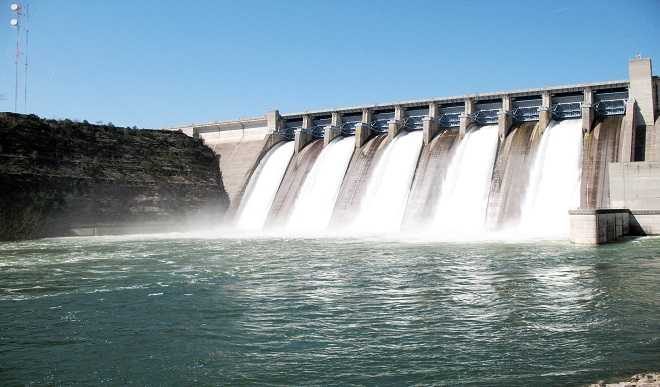Nigeria’s renewable energy capacity hit 2,153 megawatts (MW) in 2020, this is according to the latest statistical report recently released by the International Renewable Energy Agency (IRENA).
The figure marks a 0.02 percent rise from 2,152 MW in 2019, placing Nigeria in the tenth position in Africa.
IRENA, stated that the figure represents 16 percent of overall energy sources in the country as non-renewable energy capacity was 11,002MW, marking 84 percent energy capacity.
The report shows that the total energy capacity peaked at 13,154MW in 2019.
For renewable energy sources, signifying Nigeria’s highest renewable energy capacity, hydropower amounted to 2,111 MW, unchanged since 2015.
However, the report stated that it is estimated that the total exploitable potential of hydropower is about 14,120 MW.
Solar energy is next in line in terms of renewable energy capacity, with 28MW, marking a 1.7 percent rise from 2019.
Nigeria’s lowest source of renewable energy which is wind, peaked at 3 MW, a level it has maintained since 2014; bioenergy was 10 MW, unchanged since 2016, while Nigeria has no capacity in geothermal energy
The organisation noted that the world’s renewable energy capacity stood at 2.8 million MW in 2020 , Africa’s capacity was at 53,685 MW.
A breakdown of the individual capacity of the leading African countries in terms of their renewal energy capacity are; South Africa with 9,639MW, Egypt with 5,980MW, and Ethiopia with 4,713MW.
According to the report, China has the most renewable energy capacity in the world, with over 35 percent of total world capacity at 254,355MW.
Although there was a 4.5 percent decline in global energy consumption in 2020 owing to the coronavirus pandemic, renewable energy technologies recorded remarkable progress, the report showed.











